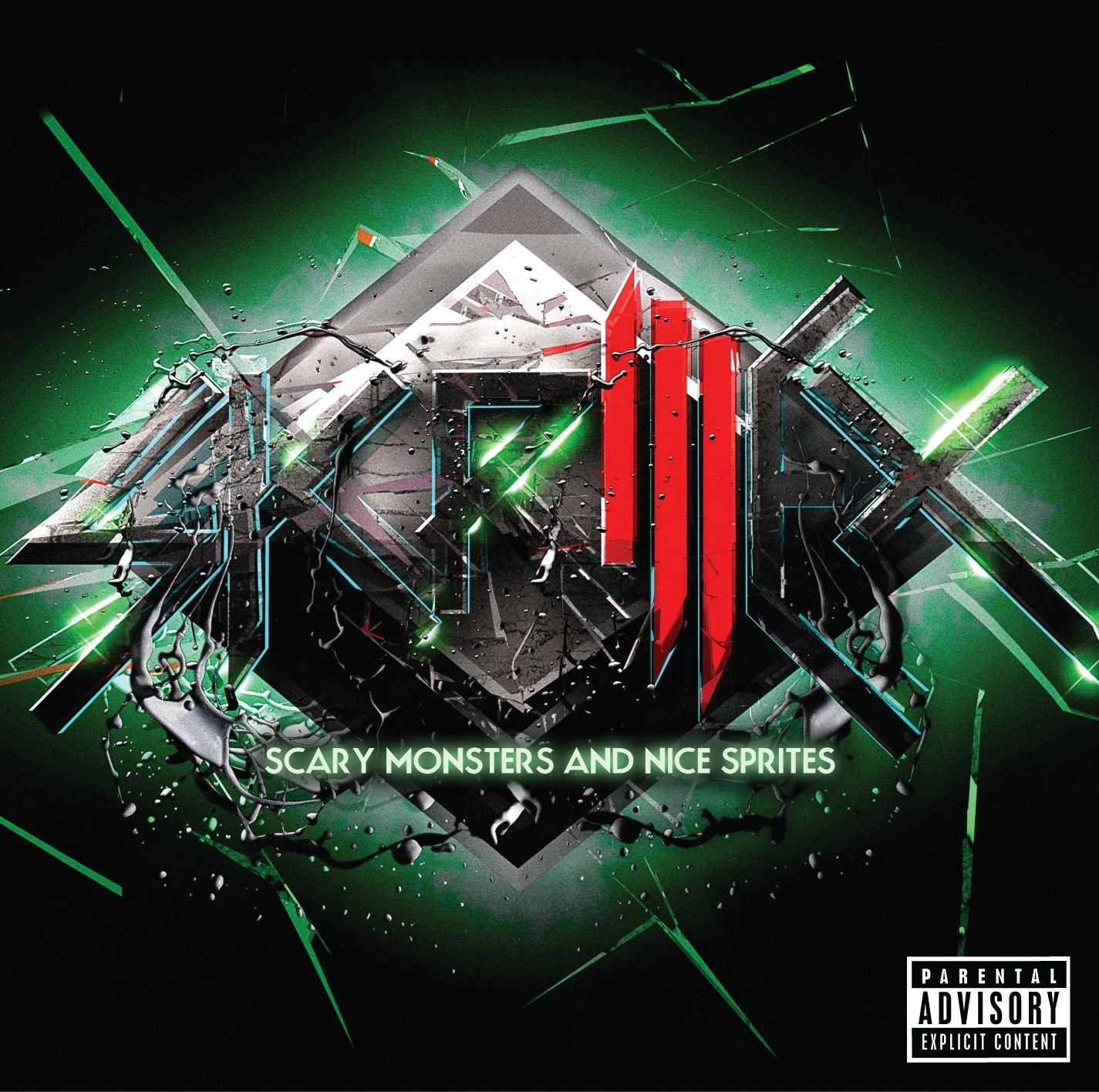6. Skrillex

I like the irony, and the synchronicity, of thinking there’s another ‘Scary Monsters’ which has nothing to do with Bowie, and that was very influential in the whole movement of bass and trap, which is what I play mainly on Radio 1 these days. I find it the most interesting era or genre – or one of the most interesting genres – of music today.
It kind of got quite a bad name, being called dubstep. Everyone hated that word dubstep here. They still use it in America; we call it bass. But you know, there’s that kind of musical snobbery that goes on all the time. You have to sort of learn to laugh about it a bit and go oh, don’t be so precious! I enjoy it because I like the beats. Some bass artists have names like Nightmare – ghastly! – that make them sound like they’re going to be those big old heavy rock bands of the past. But actually, they have heavy beats with some very melodic stuff over the top.
I think it’s quite interesting that the underground as we knew it isn’t really there like it was, there isn’t that kind of underground dance music. There’s drill, and there’s grime, which is obviously the most interesting music through which people express themselves in the UK – it’s our punk, if you like, of now. But electronic music’s so international now. It might be made by somebody sending a file, in an email, across the world, with different people adding a bit…it doesn’t really belong to a particular nation anymore.
These things evolve, and I couldn’t say: this is the record that changed everything. But Skrillex became the forefront. People turned against him very quickly, and thought he was too commercial, you know, the usual story – the moment anyone has anything like a hit, everyone goes "oh no, well he’s gone commercial, we’re not gonna like him anymore." I understand completely – you don’t want the guy who lives up the road, who you absolutely deplore, liking the same thing as you do. You don’t want them to become too popular, because then they’re not yours anymore. I understand that, and that will always be the case. I used to be like that. When you’re an adolescent, and the music means so much to you, you think, oh, nobody else understands me, and this person does, and you don’t want the wrong people to like them. The moment they get successful, you think, oh, my god, they’ve sold out, and they’re in the Top 10, and I don’t want that. That’s what happened to Skrillex. I think it was quite wrong, but there we are, it happens to people, I just think it’s inevitable. He still does some great collabs and stuff. I’m sure he’s gotten over it [laughs].


